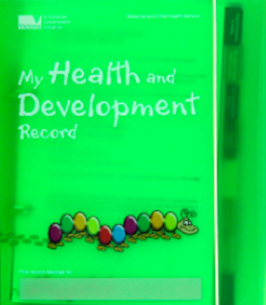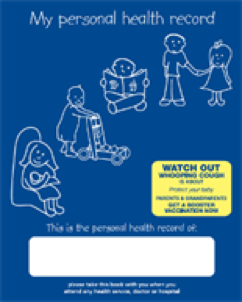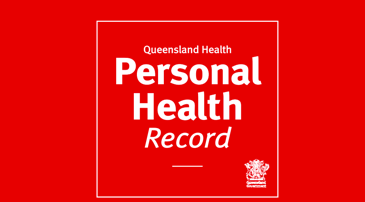Newborn Care
- Introduction
- Feeding your baby
- Sleeping
- Prematurity
- Immunisations
- Birth-4 months
- 4-8 months
- 8-12 months
- 12 months +
- Helplines/ Useful Information
- Quiz
Newborn Care
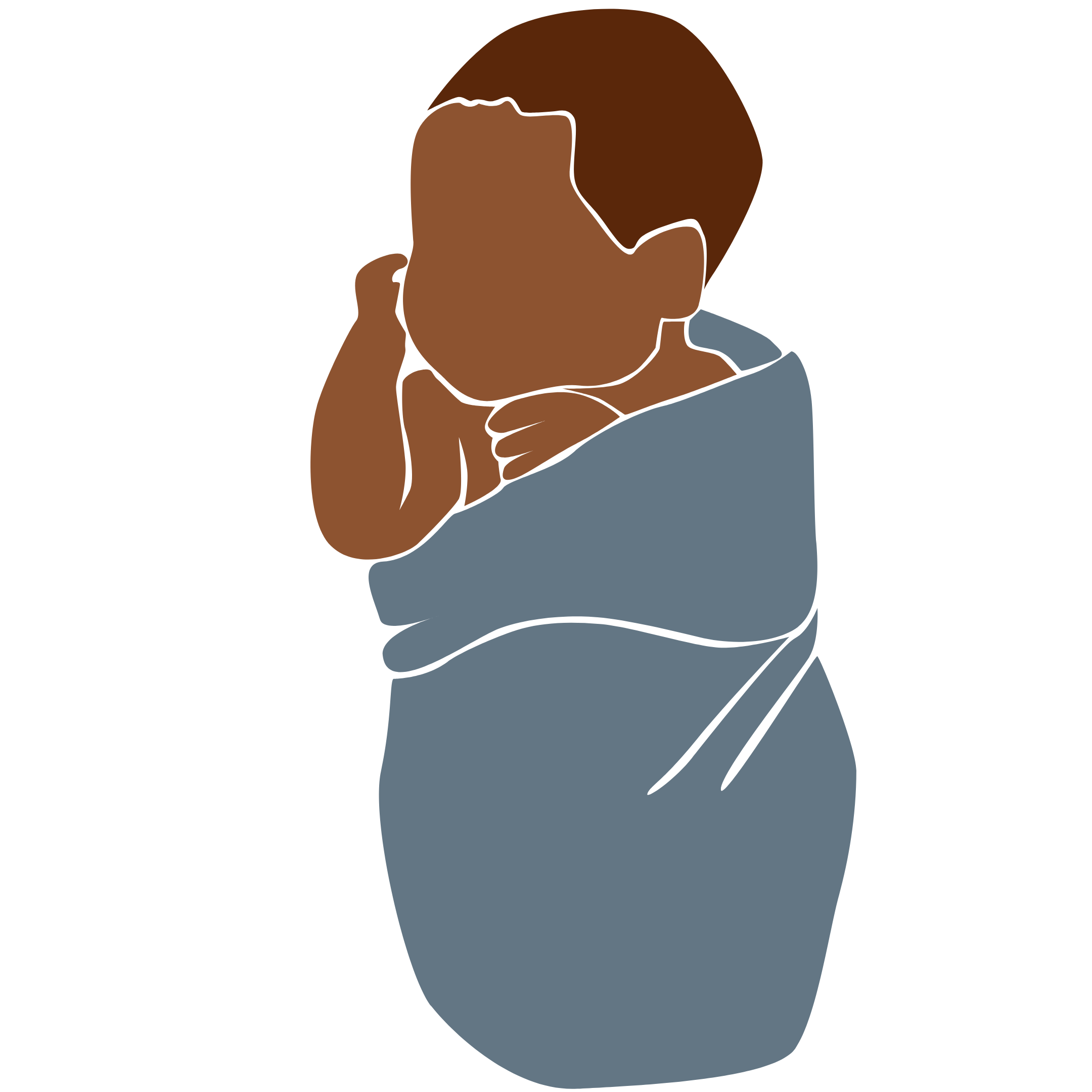
Read this article to learn more about your newborn’s health and what you can do during the first few days.
You will also learn about things related to their health, for example sleeping, feeding and vaccinations.
The first few days
- Your midwife will check your baby’s breathing and temperature at birth and for the first few hours.
- This may be repeated for the first few days if you or your baby had any risk factors during labour or birth.
- Your midwife will give you a Personal Health Record Book to help you keep up with your baby’s health.
- It is important to keep up with this book and bring it to all appointments.
- This book is coloured differently in each state across Australia (e.g. it’s green in Victoria, blue in NSW and red in QLD).
- It is important to keep up with this book and bring it to all appointments.



- Your midwife will also ask for consent to give a Vitamin K injection in your baby’s thigh.
- Vitamin K helps your baby to clot blood as this doesn’t happen naturally when they are born.
- You can ask the midwife to give this medication in your baby’s mouth if you don’t want the injection but then you will need to have this repeated two more times during the first month and if the baby spits it up, the midwife cannot give the drops again.
- With your consent, your midwife will also inject the Hepatitis B vaccine into your baby’s other thigh.
- You can find more information on your baby’s vaccination schedule and why immunisation is important here.
- Your baby will have a heel prick test between 48-72 hours after birth.
- This is called the Newborn Screen Test and checks for rare genetic disorders
- Parents are not contacted if the results are normal. It is rare to be asked to have the test repeated
- If your baby is confirmed as having a rare but serious medical condition, you will be contacted immediately to arrange treatment for your baby. Source: Better Health Channel
- Parents are not contacted if the results are normal. It is rare to be asked to have the test repeated
- This is called the Newborn Screen Test and checks for rare genetic disorders
Information for this webiste sourced from Australian Immunisation Handbook, Better Health Channel, Raising Children Network, The Women’s Hospital
Breastfeeding gives your baby all the nutrients they need. It can also help you bond with your baby. Bonding means getting closer to each other emotionally.
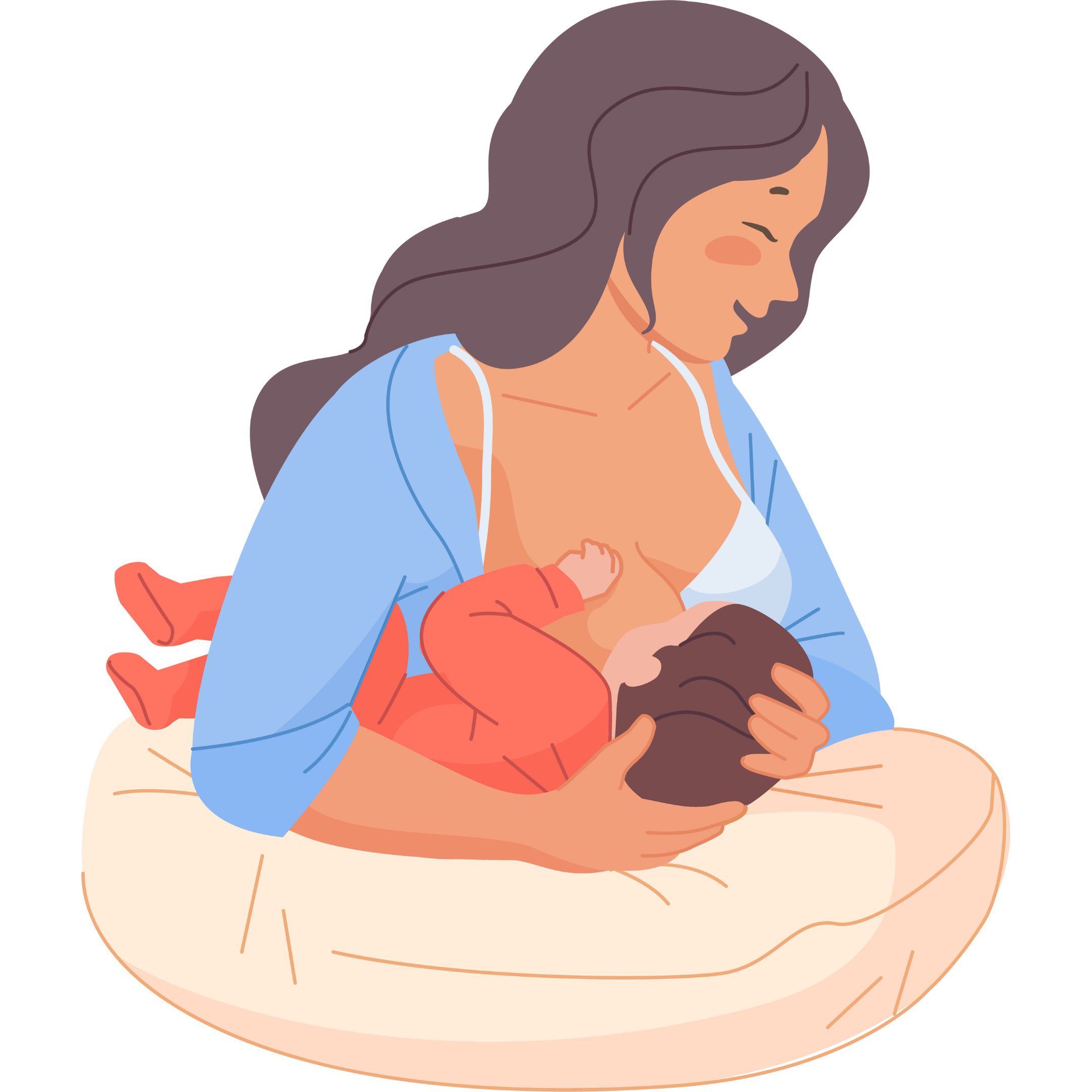
- Learning to breastfeed is difficult for many mothers. It can be a frustrating and emotional experience at the beginning, but it gets better after the first few days.
- Your midwife, maternal child health nurse and lactation consultant (breastfeeding specialist) can help you and your baby with breastfeeding. After having your baby, you will get the information about how to access these services in the postnatal ward.
- Click here to learn about the best positions to start breastfeeding.
- We recommend breastfeeding for up to two years and you can slowly start giving solid food to your baby from 6 months.
- If you cannot breastfeed or choose not to, formula will give your baby the nutrients they need to grow.
- Talk to your midwife or maternal child health nurse to choose the best formula for you and your baby.
- Breastmilk and formula both have water, so you should not give water to your baby (including coconut or sugar cane water) until 6 months of age.
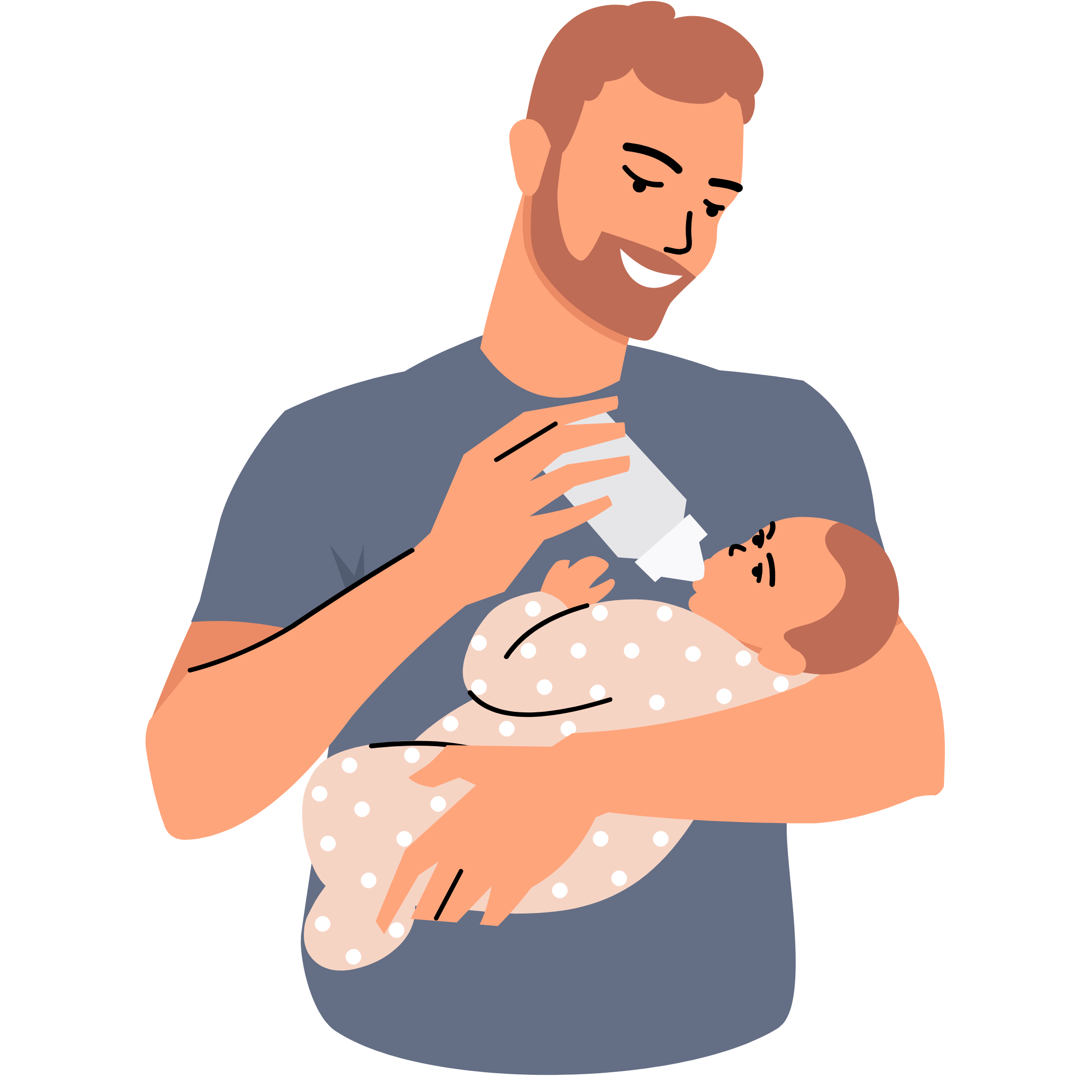
Learn More
Sleeping

- Babies sleep a lot in the first few weeks and their sleeping times are not always convenient for parents.
- You should try and take short naps when your baby is napping.
- It is important for you to learn about your baby’s ’tired signs’. Tired signs are changes in the behaviour of your baby when they are tired. Understanding these signs can be difficult in the first few weeks.
- You may not always know whether your baby is crying because they are hungry, tired or need a nappy change and it is OK.
Learn More
Prematurity
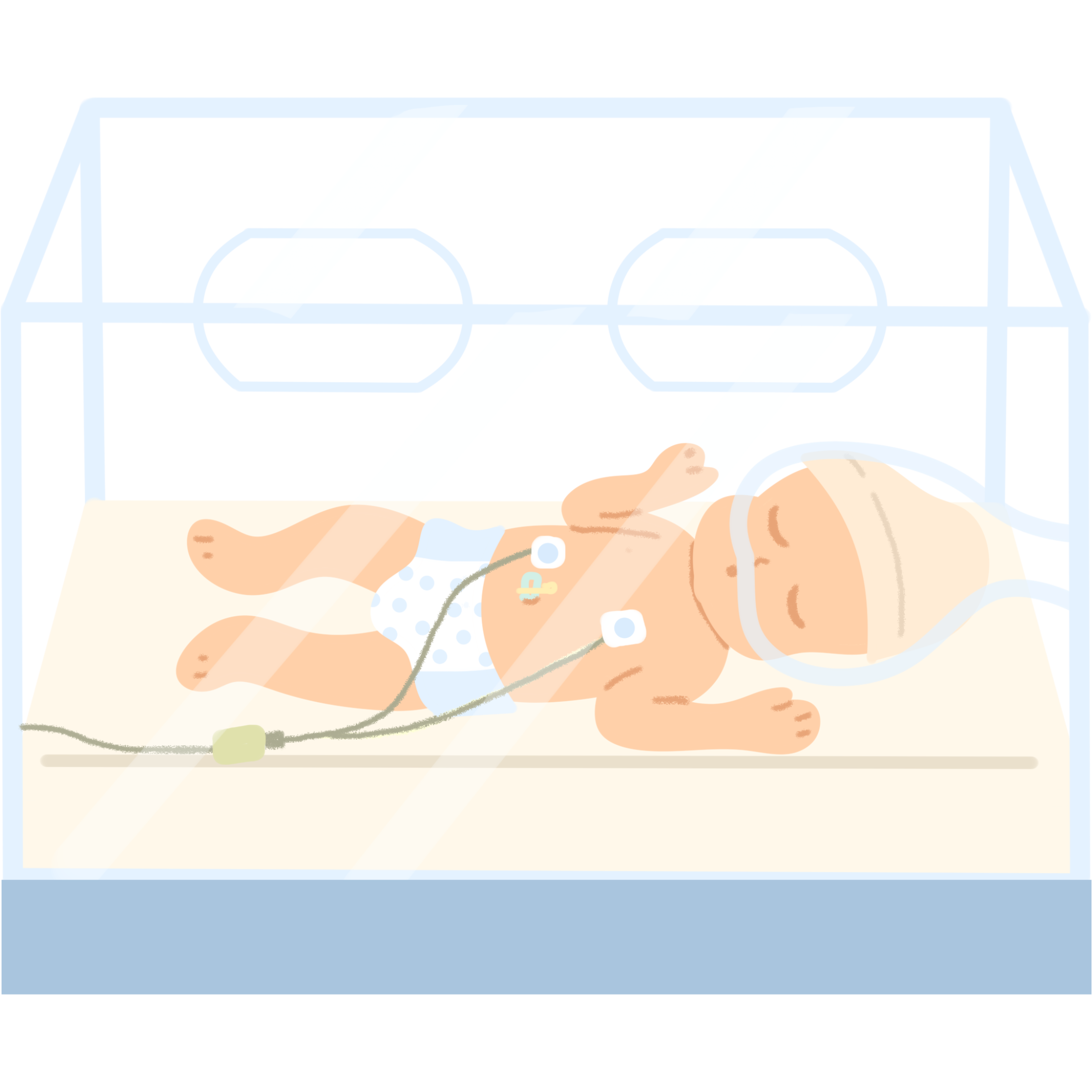
- A baby is premature if they are born before 37 weeks of pregnancy.
- The earlier a baby is born, the higher risk they have. They may also need to stay longer in the neonatal intensive care unit.
- The doctor and nurses at the hospital will support you during this stressful time.
- You can ask for a social worker to visit you if you need help understanding all that is happening during this time.
- You have a right to be with your baby and to ask questions whenever you have them.
- You can ask for an interpreter if you do not understand what is happening.
Learn More
Immunisations

- Vaccinating your children is important as it protects them from serious illnesses.
- Vaccinations protect people with low immunity from getting sick. People with low immunity are generally:
- children
- elderly
- pregnant women and people undergoing chemotherapy.
- Immunising the whole community can stop diseases forever.
Birth-4 months
- Your baby will be learning, developing and growing quickly after they’re born.
- Here are some milestone that most babies meet in their first year.
- Some babies will reach these milestones sooner than others, so don’t worry too much if your baby is a little behind.
- If you have concerns, you can discuss them with your maternal child health nurse or doctor.
4-8 months
- Lifting head 90 degrees during tummy time
- Good head control
- Smiling and laughing
- Reaching for objects
- Tracking moving objects with eyes
- Showing awareness and interest in surroundings
- Trying to pick up objects using both hands
- Making noises to have their needs met
- Recognising of familiar faces, increased interaction with others
8-12 months
- Keeping head level when pulled up
- Sitting alone without support
- Recognising partially hidden objects
- Attempting to get an object that is out of reach
- Looking for fallen objects
- Moving by rolling or attempting to crawl
- Making sounds, imitating sounds
- Claping hands
- Showing likes and dislikes
- Enjoying and demanding attention and affection
- Increasing interaction with family
12 months +
- Standing or walking
- Pointing with index finger
- Expressing needs and wants in ways other than crying
- Saying three recognisable words
- Understanding several words and some commands
- Helping to dress themselves by holding out arms or legs
- Enjoying being around parents and showing affection
- Beginning to understand ‘no’
Links:
- Newborn screening
- Newborn screening brochure
- After your baby is born
- My Personal Health Record (English)
- My Health Record
- How to breastfeed: getting a good attachment
- Bathing a newborn safely
- Dressing a Newborn
- Changing a nappy
- Wrapping a newborn
Feeding you baby
Sleeping
Prematurity
Development, growth and learning
Immunisation
Last reviewed: Jun 2022

